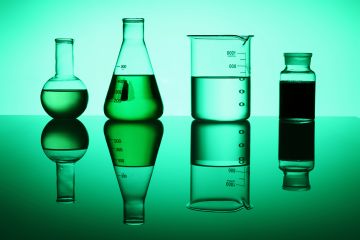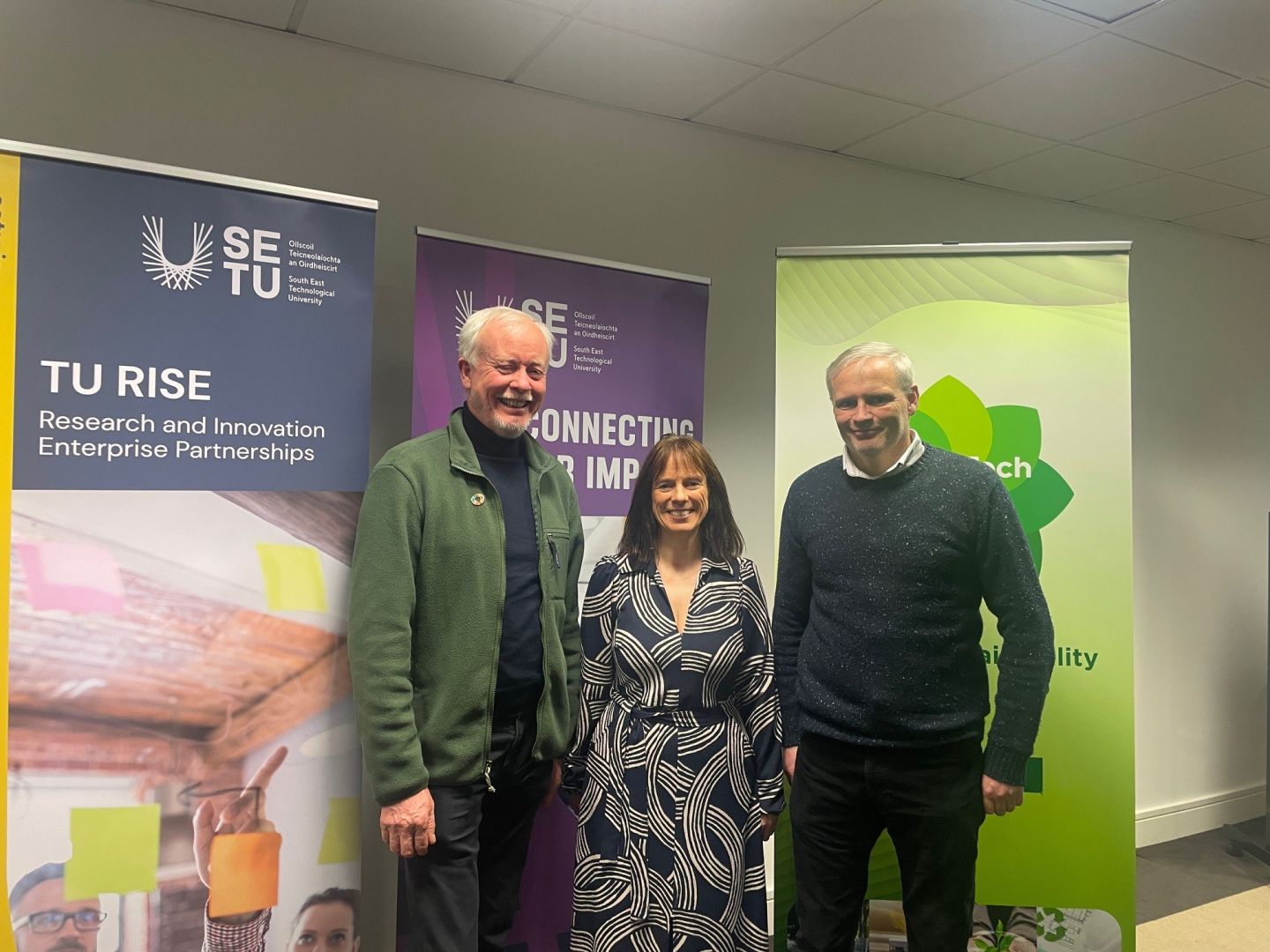
Why was this course developed?
Ireland hosts 9 of the top 10 pharmaceutical companies, is the 3rd largest pharmaceutical exporter (€62 bn p.a.) and employs 30,000 people directly. There is a need for the pharmaceutical industry both nationally and internationally to respond to the current climate and biodiversity crisis working to Climate Plans and embedding the UN Sustainable Development Goals. We need to continue to develop and manufacture medicines while protecting the environment through the development and application of sustainable strategies and new and innovative green production methods.
This Level 9 (10 credit) course will provide understanding, knowledge and skills to participants in sustainable and green approaches for the Pharmaceutical Production Sector. The course adopts a multi-disciplinary approach spanning the complete pharmaceutical process and plant, including topics of legislation and directives, sustainable and green process/product development and analysis and includes plant and process energy considerations.
This course is for those who wish to advance their knowledge of the area of green and sustainable pharmaceutical production and are interested in delivering change within their organisation. It will present the challenges and potential green and sustainable solutions across the full pharmaceutical production space.
What are the unique features of this course?
The Department of Science at SETU has a proven record of engaging with industry and designing programmes to meet industry needs. The area of sustainable and green pharmaceutical production is growing in significance yearly and skilled individuals are required deliver the necessary change to meet legislative national climate targets.
The programme will run on a part-time basis, online over 48 hours. The programme will contain a blend of lectures, detailed case studies from literature, team discussions and assignments and independent study. A project on a relevant area of the students own choosing will be completed over the term (in conjunction if possible with their employer). A mentor within the lecturing team will support students through their project work.
The lecturing staff delivering this programme are currently members of the Department of Laboratory Science and the Department of Architecture at SETU. They have industrial experience in working in the highly regulated Pharmaceutical Industry, are actively involved in research in the Pharmaceutical and Molecular Biotechnology Research Centre at SETU and are working on initiatives in the area of green and sustainable science and engineering.
What are the programme aims?
The overall aim of the programme is to produce graduates with a detailed understanding, knowledge, skills and expertise in Green and Sustainable Pharmaceutical Production to allow graduates to use these skills to implement change in their respective Industries. Another goal of the programme is that graduates will obtain a set of personal and professional attributes that will allow them greater flexibility in the development of their own career options.
Specifically, the aims of the Certificate are to:
- Provide students with a detailed understanding of the legislative, environmental, social and economic effects of climate change and the response required by the pharmaceutical industry. Students will gain clear insight into green and sustainable principles, tools and methodologies for the synthesis, analysis, formulation and packaging of pharmaceuticals, including the application of quality management principles and renewable energy technologies.
- Respond to the needs within the Industry of this significant and growing area.
- Provide skills and competencies to learners so they can lead change in their industries, for example in developing and implementing detailed working plans and as part of multidisciplinary teams.
- Graduate students with post-graduate research skills.
How is this course delivered?
The programme will run on part-time basis over 48 hours of lectures delivered online*. The programme will contain a blend of lectures, detailed case studies from literature, team discussions and assignments and independent study. Continuous assessment will be carried out throughout the course of the programme. A project on a relevant area of the students own choosing will be completed over the term.
The course will next run in February 2025, subject to sufficient student numbers.
*Note:
- There will be an in-person induction and meeting with the project advisor.
- Projects do not require development in conjunction with an employer.
Entry Requirements
Applicants for entry to this Postgraduate Certificate should hold a bachelor's degree at honours level minimum 2.2 (Level 8) in an appropriate subject area or equivalent qualification. It is recommended that applicants have a minimum of two years relevant industrial experience
Applicants whose first language is not English must submit evidence of competency in English, please see SETU'S English Language Requirements for details.
In the case of an applicant who does not have a degree qualification at the appropriate level, but has a significant degree of relevant work experience, Accreditation of Prior Experiential Learning (APEL) may be taken into consideration by the programme board.
How to apply
Once our application portal opens, the link to apply will appear on the course page above.
Subject to satisfying the aforementioned entry criteria, applicants will be offered places on a first-come-first-served basis per their application submission.
Opportunities
Upon completion of this programme, the student may elect to pursue the Postgraduate Diploma / MSc in Analytical Science with Quality Management. As they have already taken this certificate programme, which is one of the elective modules in the MSc, they can apply for RPL and receive an exemption from having to re-do this module if they transfer to that programme.
Stream Leader



